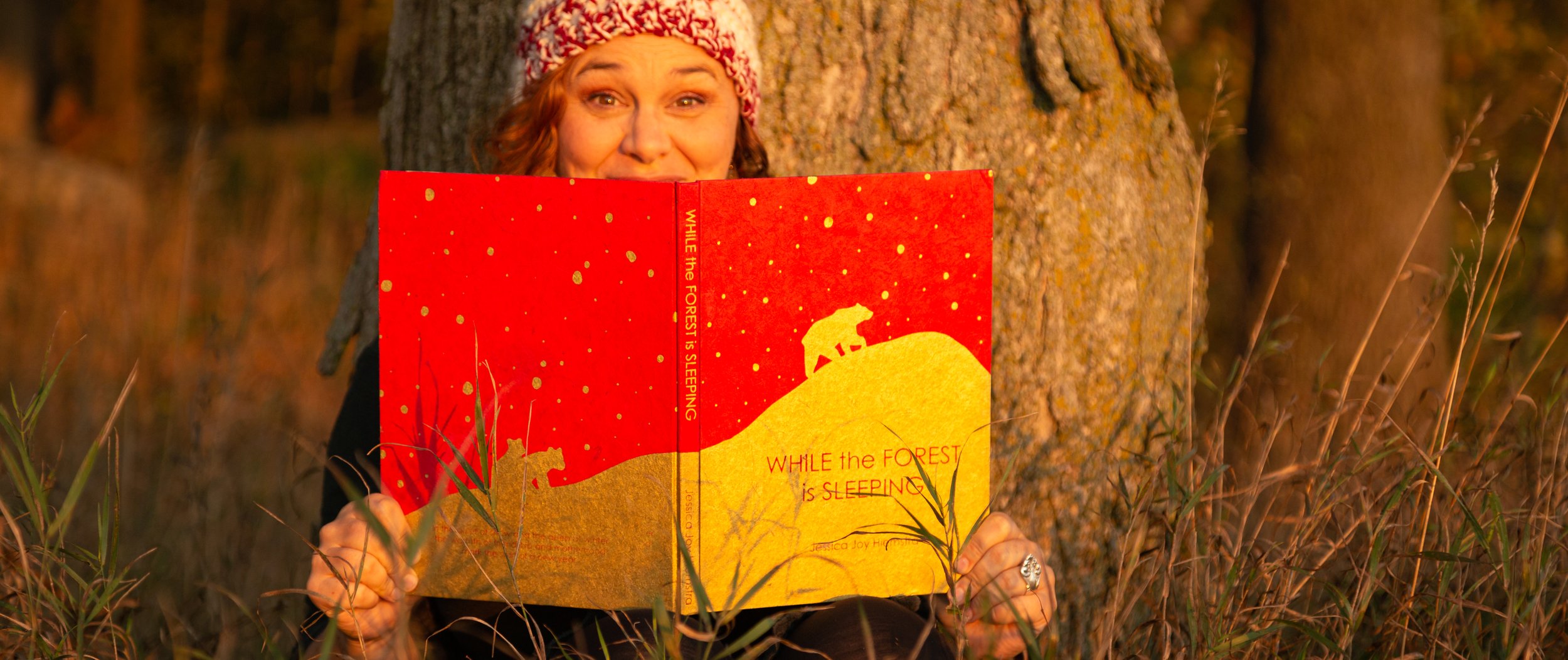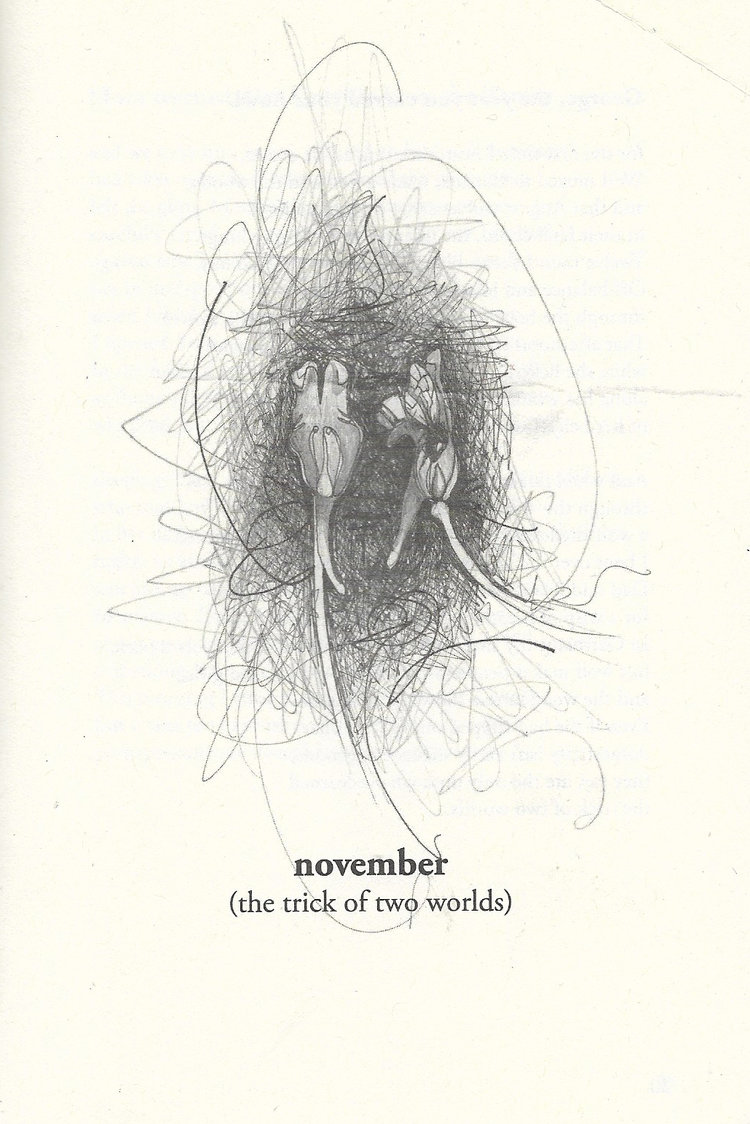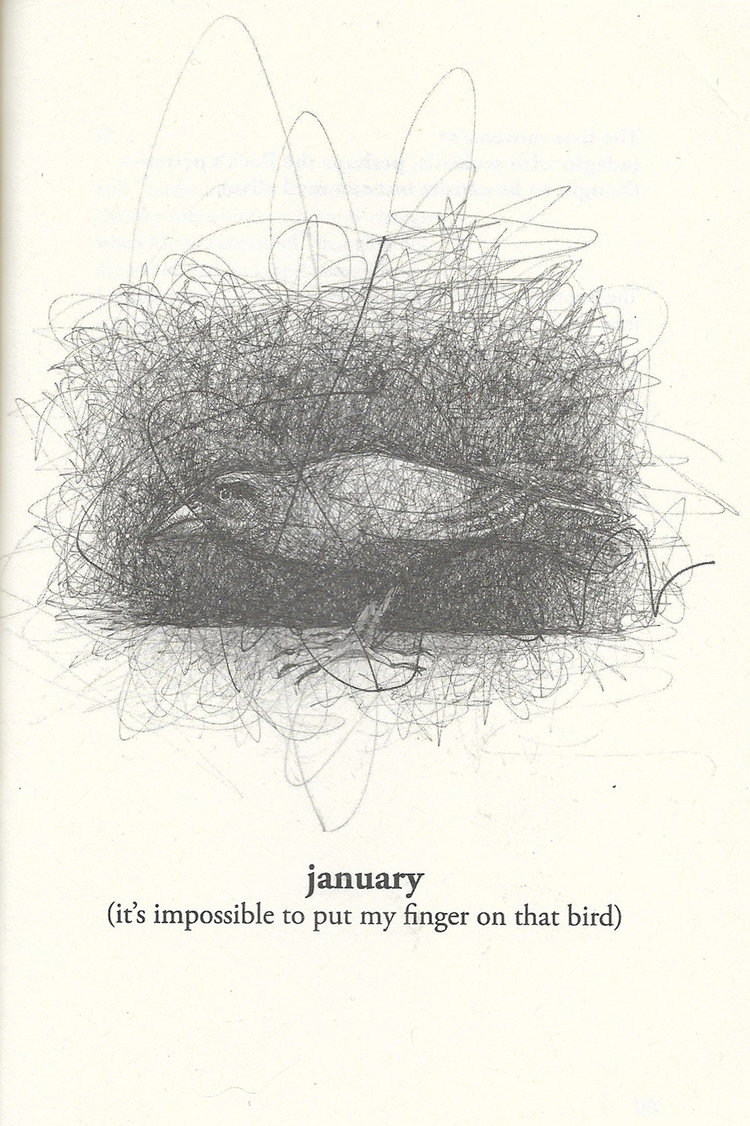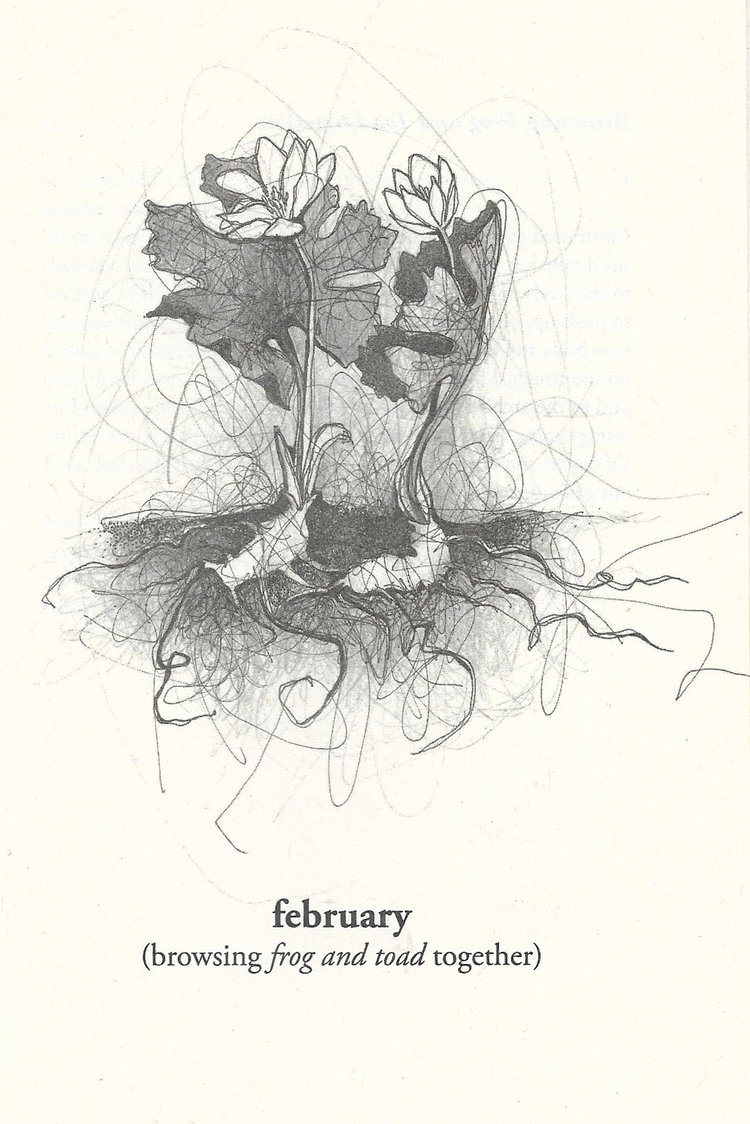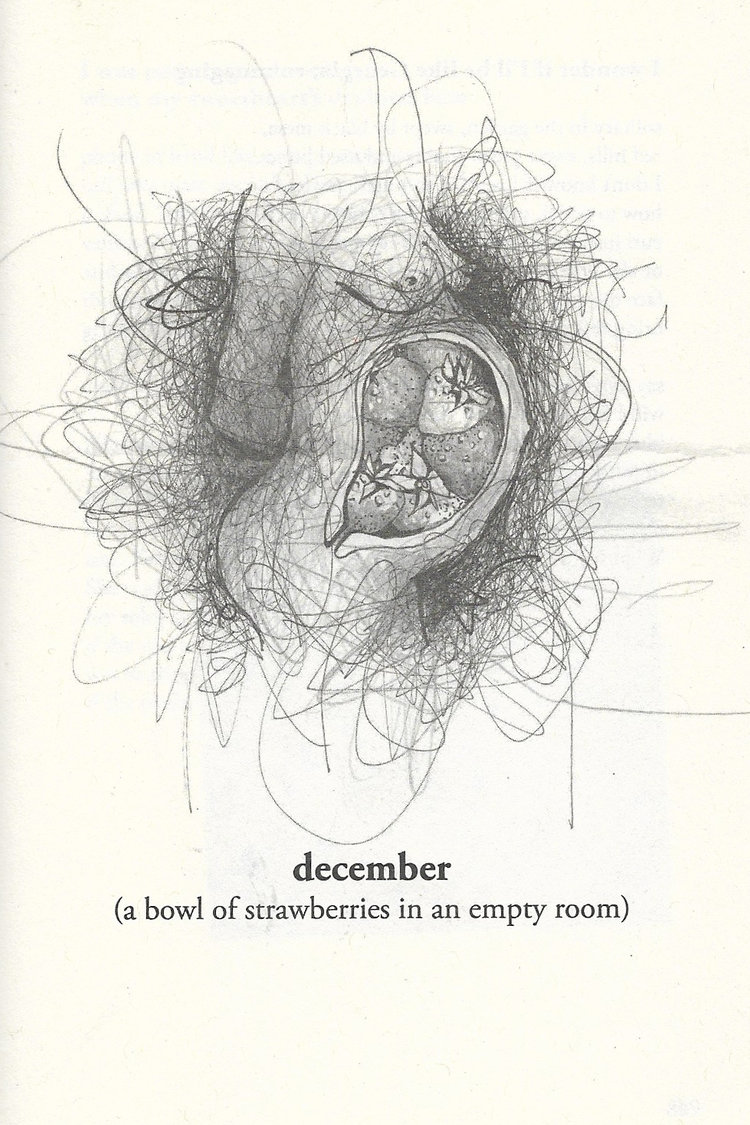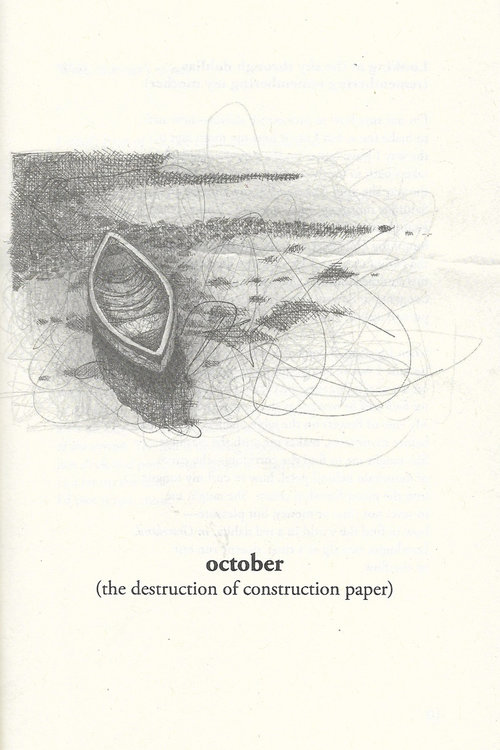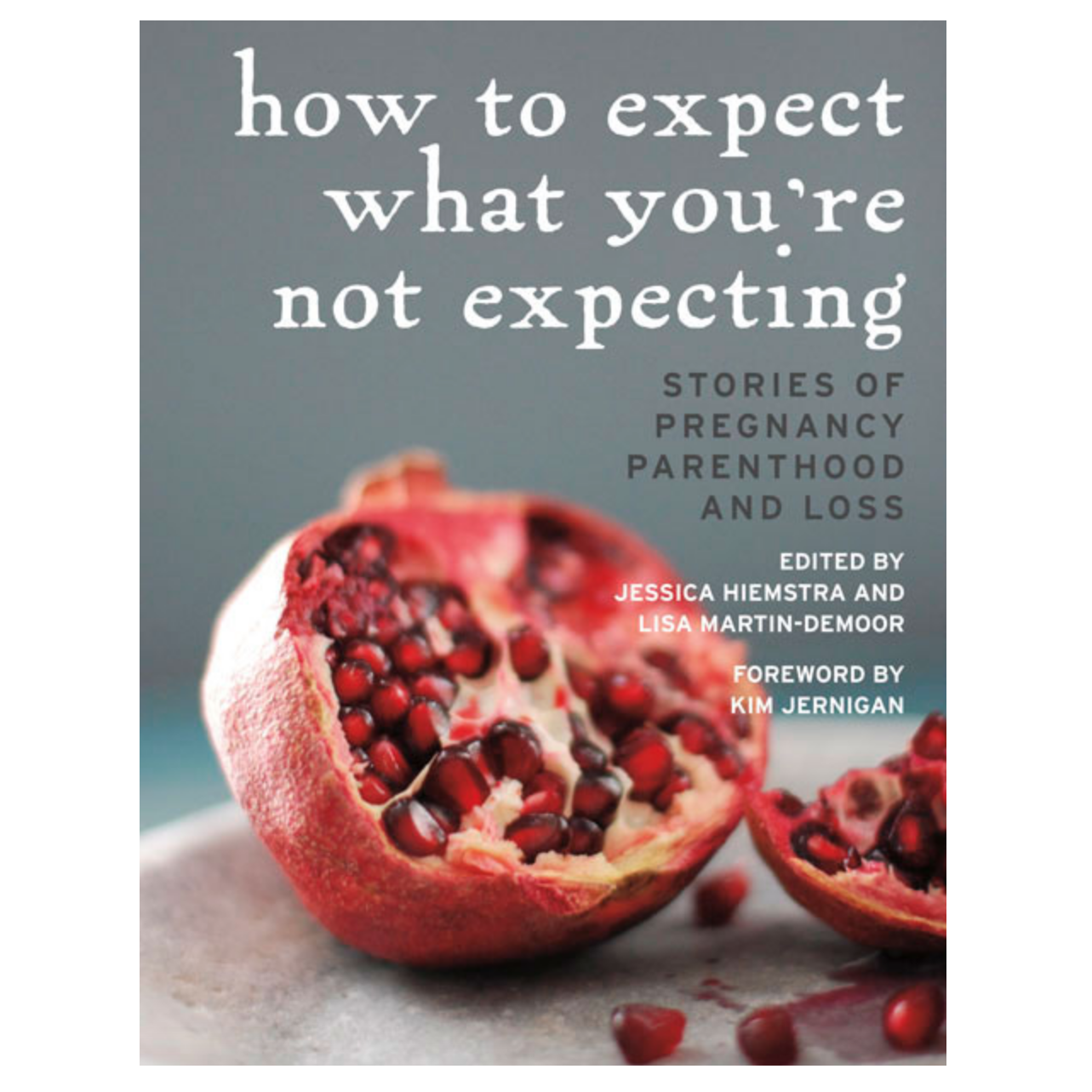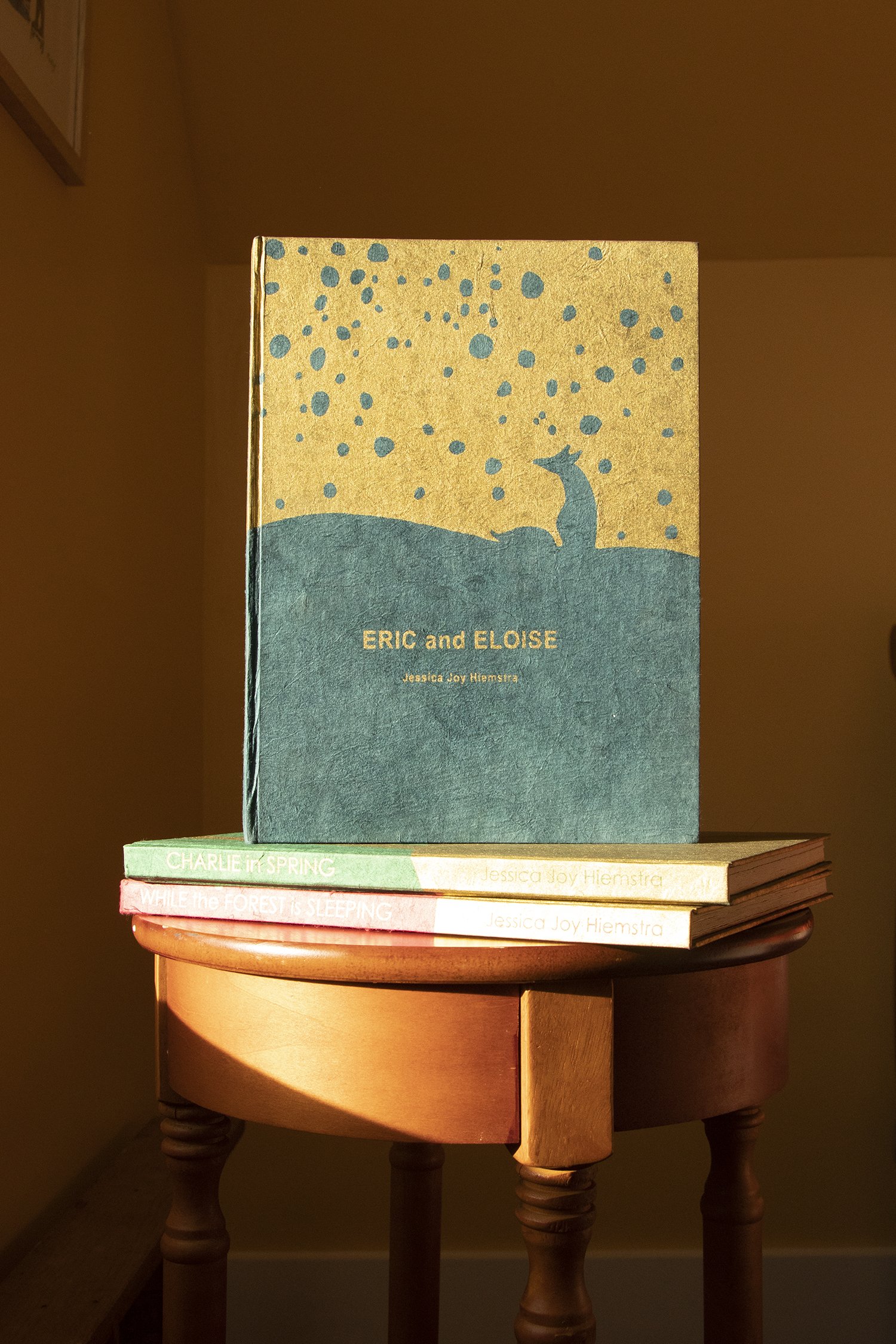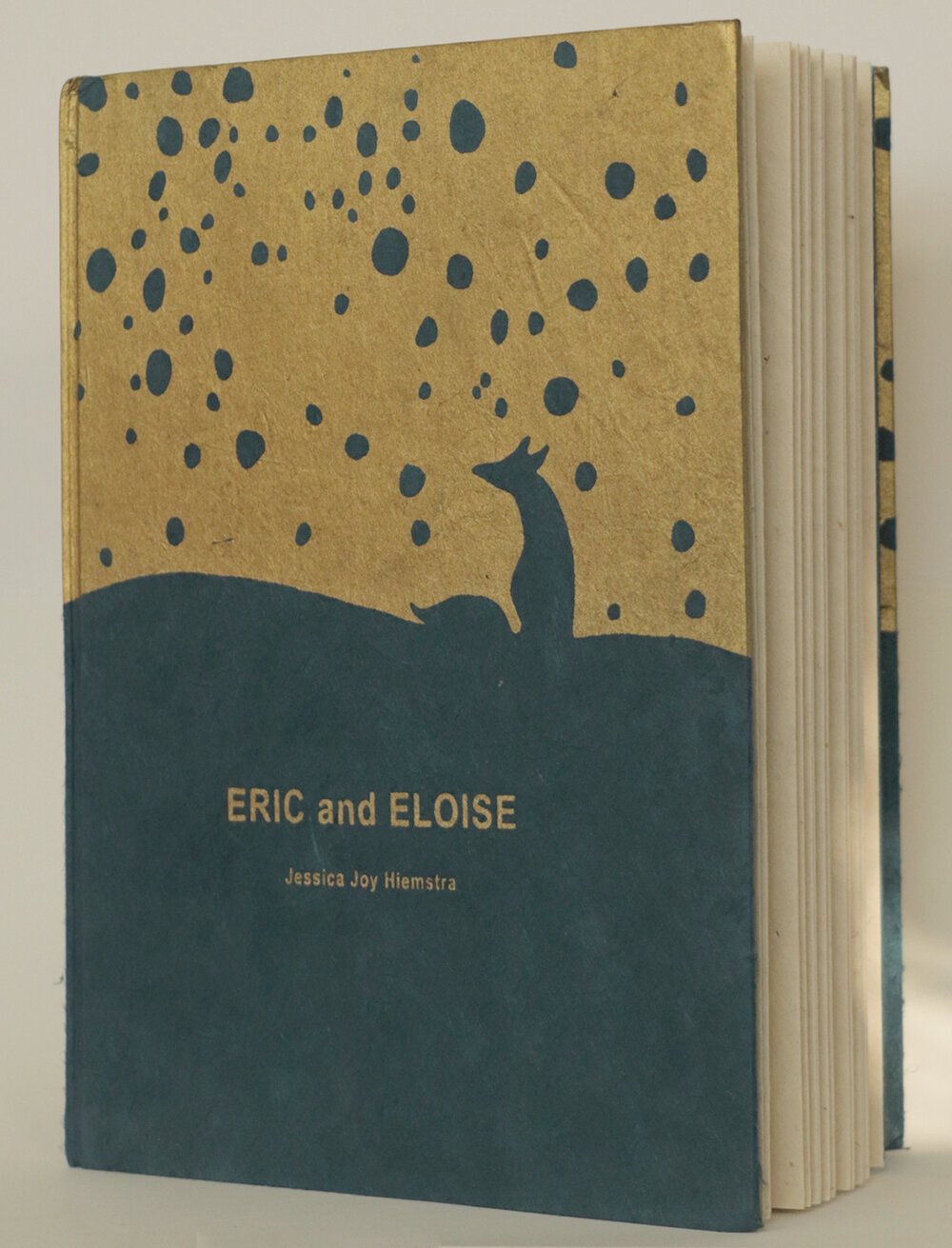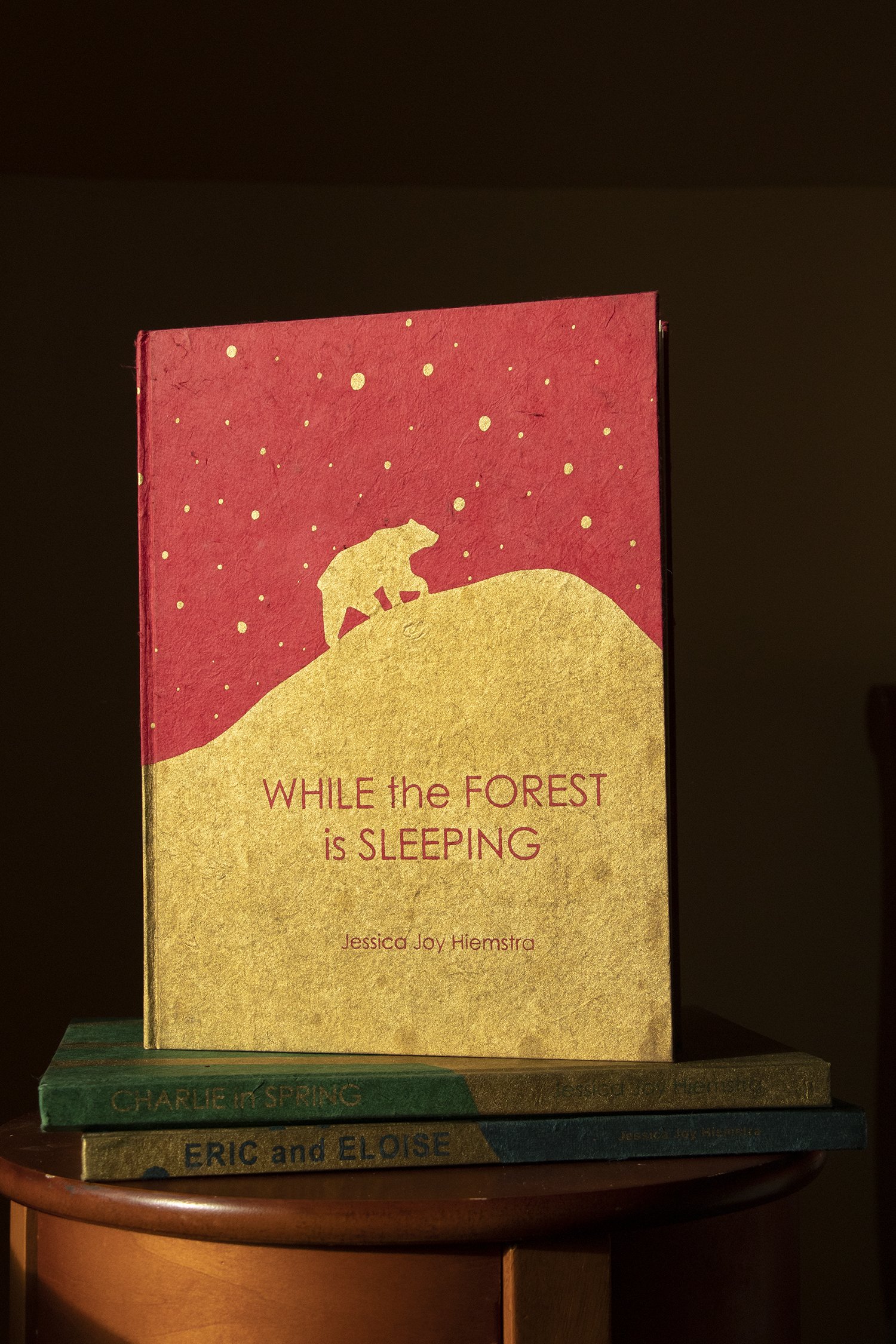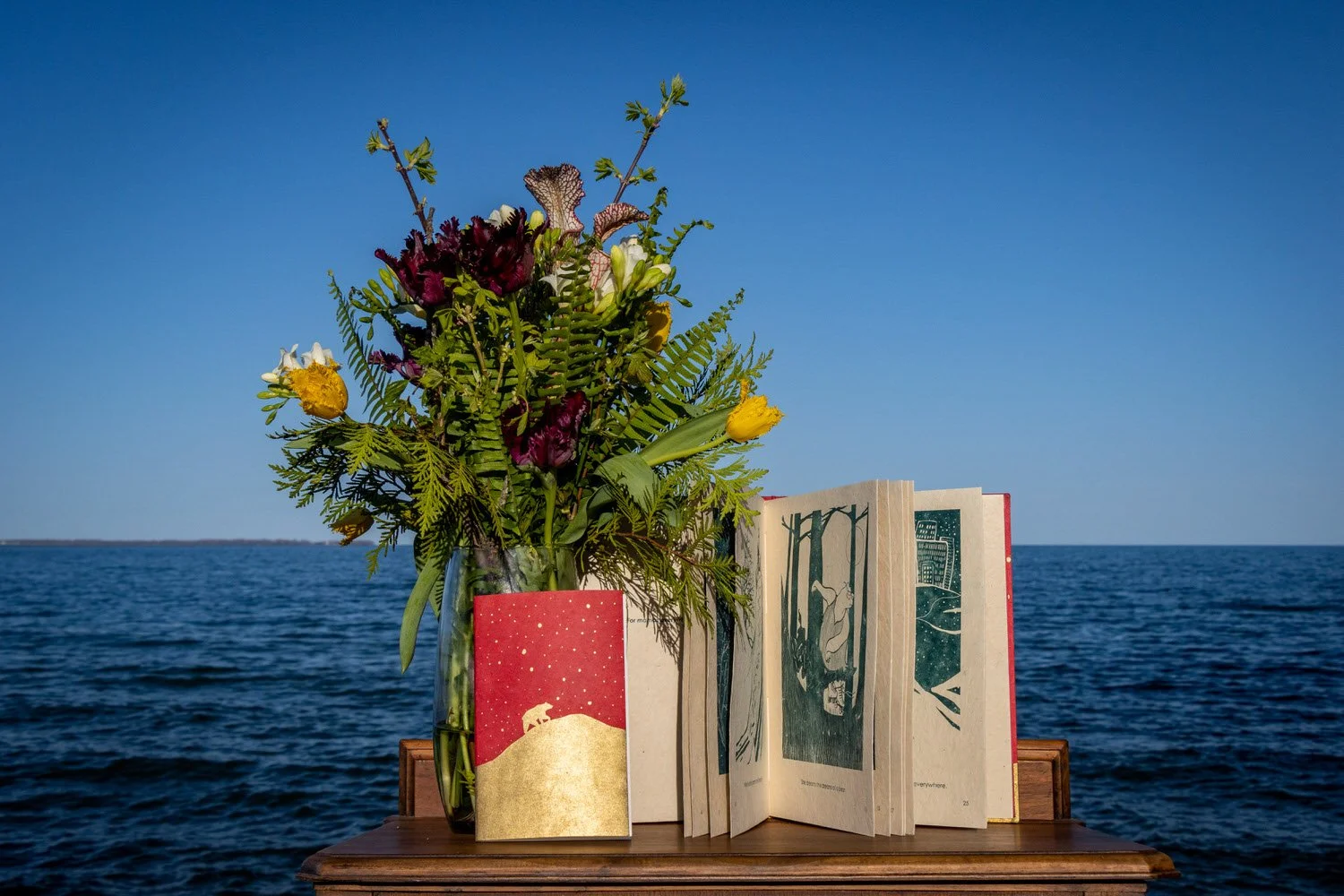Self Portrait without a Bicycle
Self Portrait without a Bicycle
WRITTEN BY JESSICA HIEMSTRA
ILLUSTRATED BY JESSICA HIEMSTRA
PUBLISHED BY BIBLIOASIS
Painters use the term “fugitive pigments” to describe those colours most prone to fading after a brief exposure to light. In Self-Portrait Without a Bicycle, poet and visual artist Jessica Hiemstra uses the idea of fugitive colour to explore the grieving process; whether her subject is a lost grandparent, a child, language or a cat, Hiemstra renders the fleetingness of life with fine, delicate strokes.
“The poet listens, tastes and remembers, senses afloat, dipping into the past and then surfacing again, drawn by a perfect but fleeting moment.” — Descant
“Hiemstra is masterful as she blends together art, memory and sense.” –- St. Catharines Standard
With references to the art of Alex Colville, Yann Martel, grandparents and children, these are poems grounded in the immediate world, open and completely bare, following the essential lines of quiet. Composed with such clarity and soft humour, what might a writer such as Jessica Hiemstra do, perhaps, with fiction? - rob mclennan
The most beautiful things I’ve seen in October
i.
My family, before the attrition, canoed—
all five of us in one long cedar strip. Dad
built it with love, the way you build a family,
and my brother, the only one without a paddle,
sat in the middle on an extra life jacket,
with a Zeller’s fishing rod, a sandwich, claiming
he would catch the biggest bass. My sister and I
thought we were paddling, while in fact, we were
feeling useful. It was my mother— at the bow, pulling
us through Opeongo—the way, since then, she’s
pulled us through everything. Dad, at the stern,
made sure to cut the waves just so. You have to
cross the lake to get inside. Beyond the portages,
there’s peace— our aim, to get away, to be
ii.
alone in October. But the first night we stayed
on Bates Island— Opeongo was forceful that day—
and our arms were tired. In the morning we did the first
portage, left civilization, as Dad liked to say, his prelude
to talking about the Voyageurs, singing en roulant ma boule,
roulette. Algonquin was on fire that weekend, and we
saw a moose browsing, all five of us held our breath
for the soft chewing, to hear water fall from his mouth,
the suction of feet as he disappeared into the forest.
Even though Dad sold the canoe, and left the four of us
stranded without someone at the stern, that day was
lovely—I looked at a moose through the triangle of his arm
steadying the boat with a paddle, wiggling his eyebrows
at me, nothing but love and maples. That month
iii.
Carola Frehe and Raymond Jakubauskas died
on Bates Island. A black bear interrupted them
preparing ground beef. Raymond took a crack
with a paddle to save Carola, but failed. The bear
was autopsied— he killed them for no reason. No
disease or provocation. Some things are inexplicable—
the way autumn feels, a leaf on Opeongo, my Dad
abandoning us, despite October. Have you ever noticed
the way a cellist gets lost in the music? The way lips
express the efforts of the heart. We’re all vulnerable
like that, in the presence of moose and music
and our fathers, whom we love with a nakedness
no matter what they’ve done, or might.
Reprinted with the kind permission of Biblioasis


